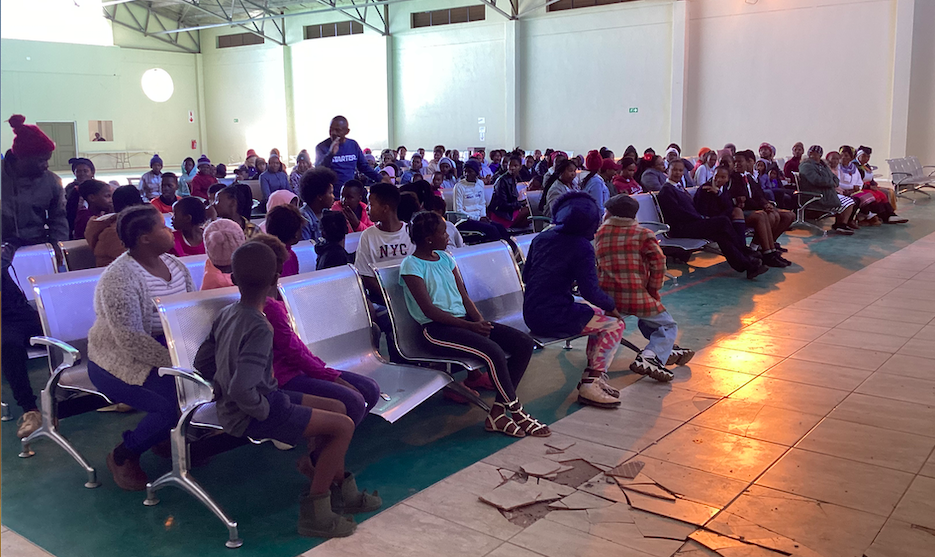By Anna Majavu
A high unemployment rate that compels young people to turn to alcohol abuse to cope, and being rejected for learnerships after the age of 35 even as octogenarians languish in Parliament on high salaries – these were chief among the complaints of young people on June 16.
The Unemployed Peoples’ Movement (UPM) and Makana Citizens’ Front (MCF) held their June 16 Youth Day commemoration at the Foley Sports Ground in Hlalani, Makhanda. Nelisa Nokonyana, media liasion officer for the UPM, said the youth of 1976 had given their lives in the struggle against apartheid, only for young people today to find themselves excluded from paid employment.
“Youth in Makhanda are facing a lot – water troubles, electricity problems, a crime rate that is excruciating, and inequalities. I’m 37 years old but I’m excluded from work because according to the ANC, we are supposed to be 35 and that’s where it ends. From the age of 35, that’s where you get to fend for yourself,” Nokonyana said.
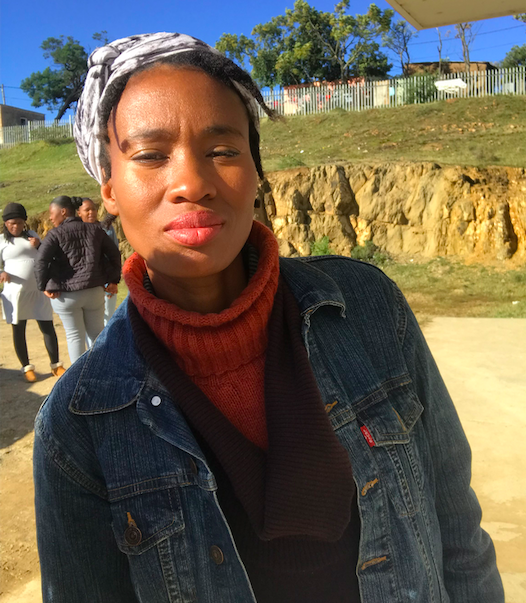
Photo: Anna Majavu.
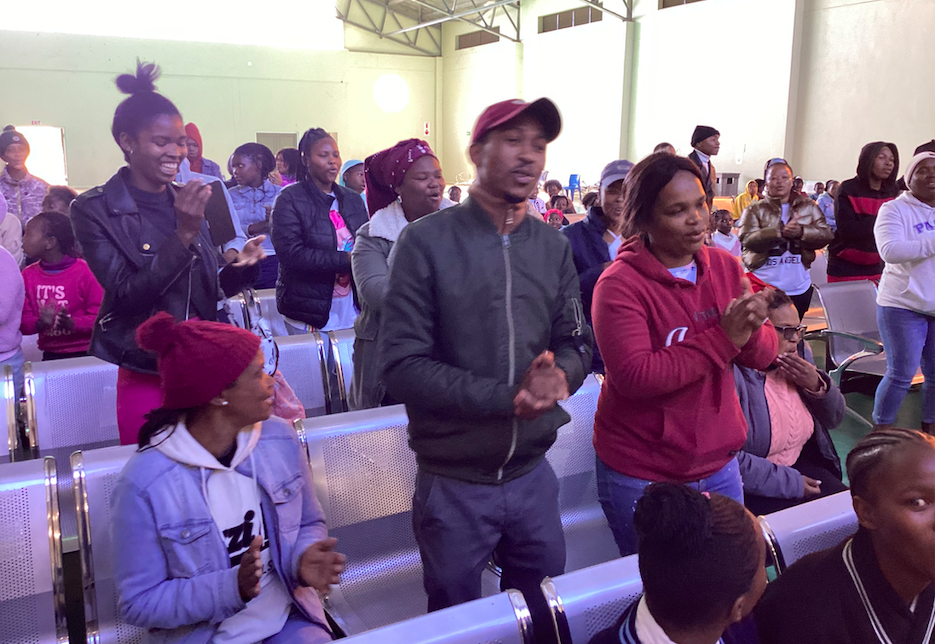
Nokonyana has a degree and two diplomas. She eventually studied Early Childhood Development in a bid to secure a job, but has still been unable to find employment since 2008. She even has a family member with a doctorate who remains unemployed. “The youth are fighting to be recognised so that we can work and contribute back to society. We are hurting because as much as we try, some people are shutting the doors in our faces,” she told Grocott’s Mail.
“We see this town is in a downfall. If we had the jobs we deserved, this town would not be in the state it is today, because we would be the taxpayers we are supposed to be,” she said, adding that unemployment spurred youth to get drunk in taverns.
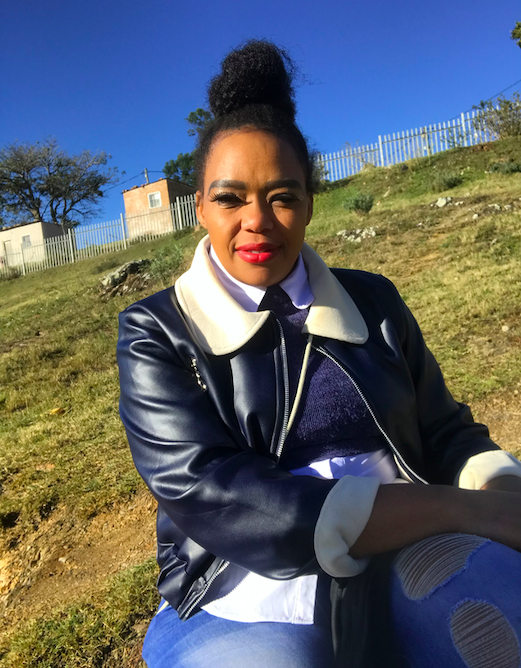
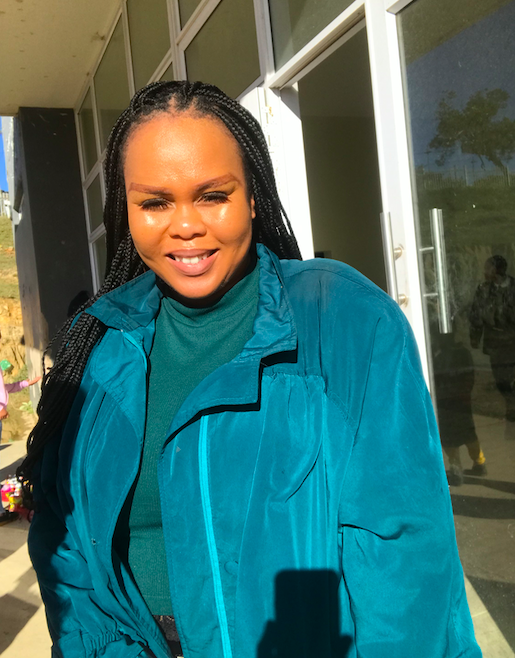
Ntombentsha Yamiso, CivActs activist for Extension Seven agreed, saying that when people over 35 years of age apply for government jobs or learnerships, they are often told they don’t meet the requirements, even though there were parliamentarians who were over 80 years of age.
“What’s the freedom for us? The youth today in Makhanda are free, but not completely free. We are not given opportunities. The government does not listen to the youth. Our cries are not loud enough for them. Government institutions are packed with very old people and the youth are just shut out. You will graduate and have your degree, but it won’t matter,” said Yamiso.
Anelisa Bentele, co-coordinator of the Isikhalo Womxn’s Movement against GBVF, also slammed the lack of permanent jobs for young people. “After all this democracy, we are still suffering. Government must create jobs, not projects. We want permanent jobs. In projects there are no benefits, it is not sustainable, you don’t have medical aid and you can’t even pay for policies because that job will end,” said Bentele.
She said youth were “broken and drained”. “Even if you get work, you find that you must have multiple jobs to survive,” said Bentele.
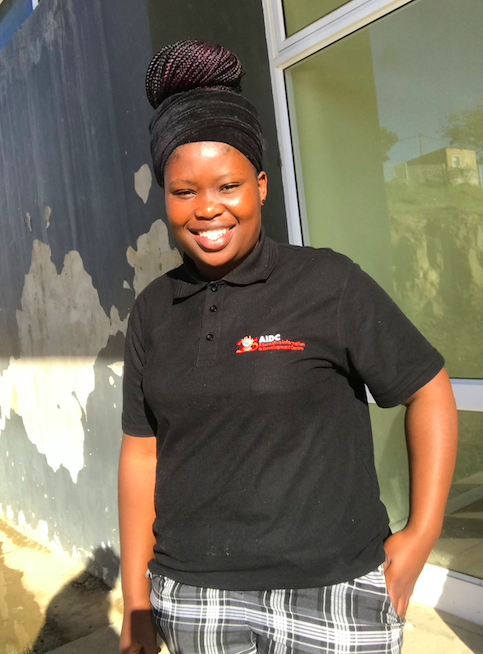
Photo: Anna Majavu.
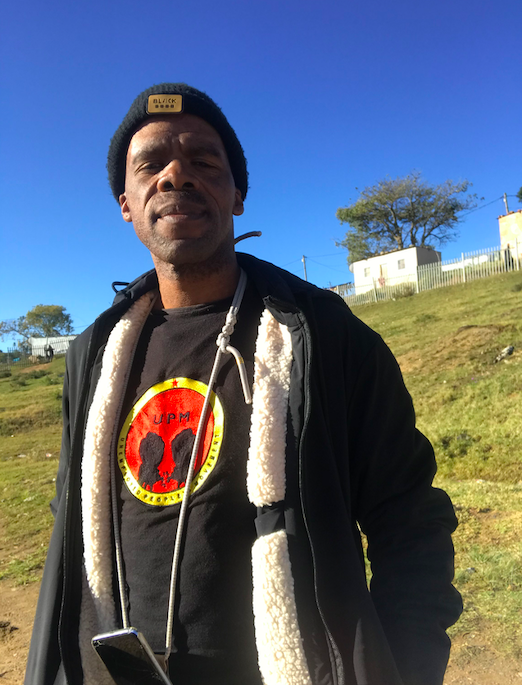
Photo: Anna Majavu.
Siphosethu Soxujwa, 27, said the 1976 uprising was the turning point of the anti-apartheid struggle. “The youth took matters into their own hands. It is very discouraging and disappointing that after everything that the youth of 1976 did, we are still living under the same conditions today. Instead of imposing learnerships and internships on us, why don’t our political leaders come to the youth and ask us what we want to do?” Soxujwa asked.
Sipho Maboza, who is a water quality tester and monitor for the UPM and MCF, said the system was failing the youth of today. “As a result, most are drinking like nobody’s business. It is something that is uncontrollable,” he said sadly.
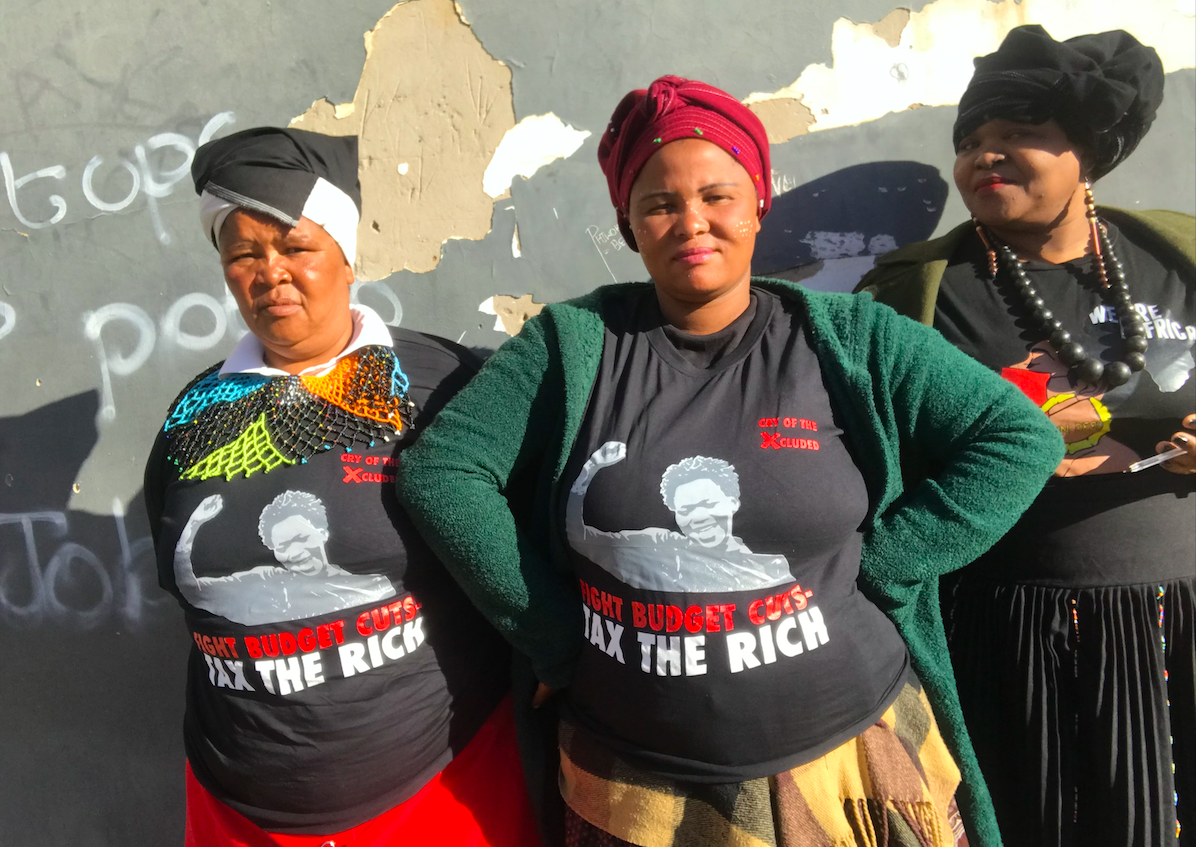
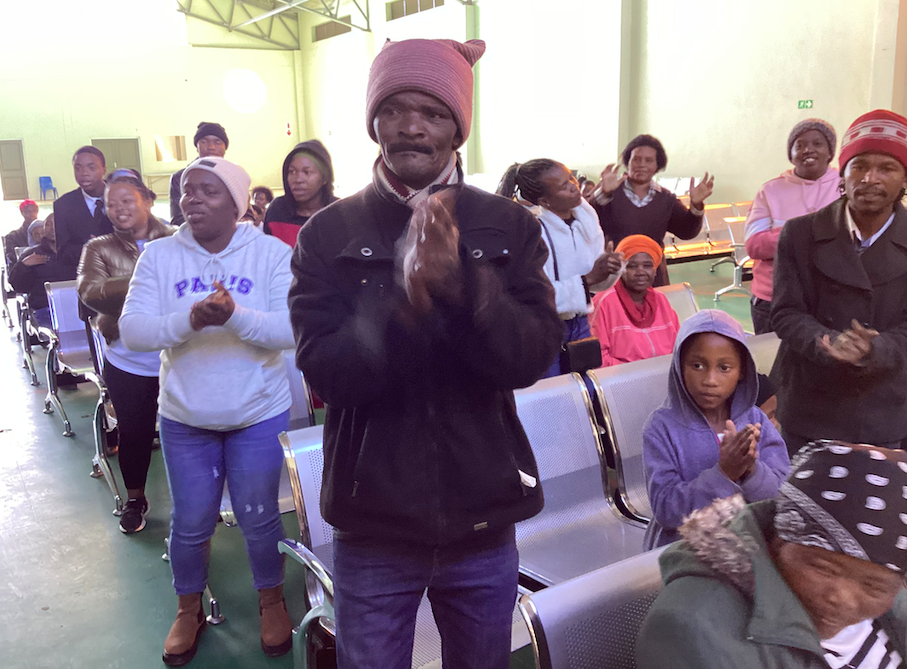
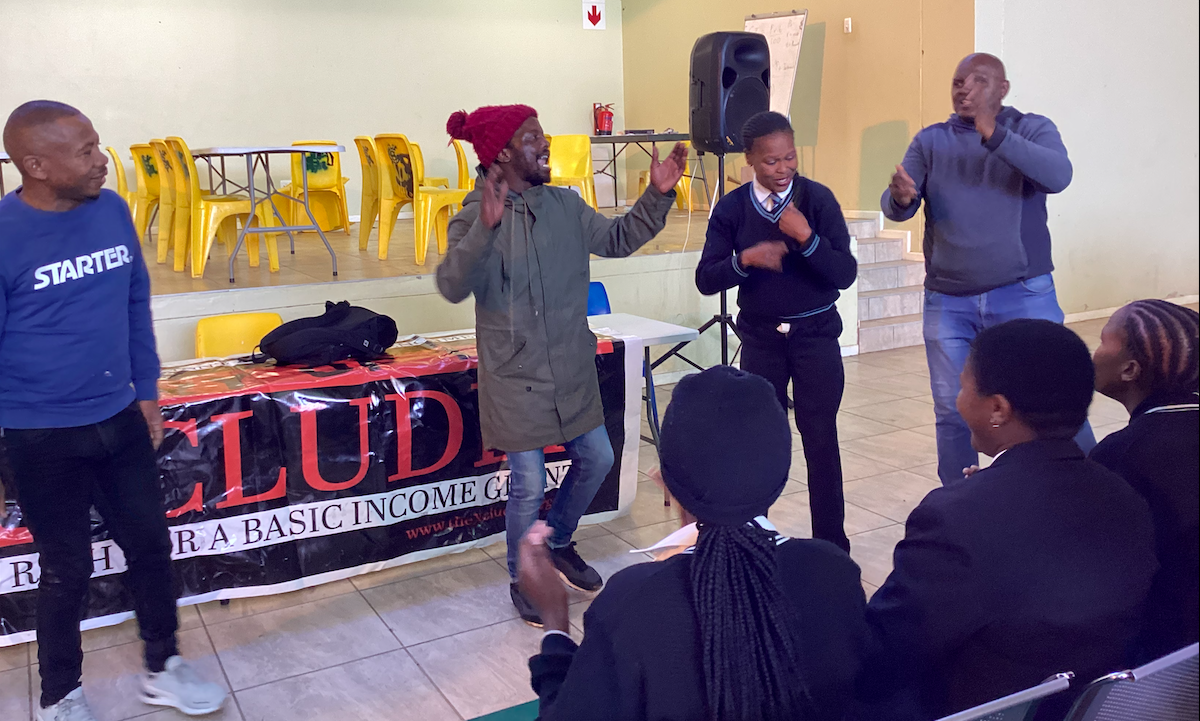
MCF councillor Amanda Deke said the party hoped to use the event as a remembrance day to educate the youth. “Some youth do not even know the significance of this day. It is so sad what is happening right now in Makhanda, because some youth are engaged in so many criminal activities,” she said.


